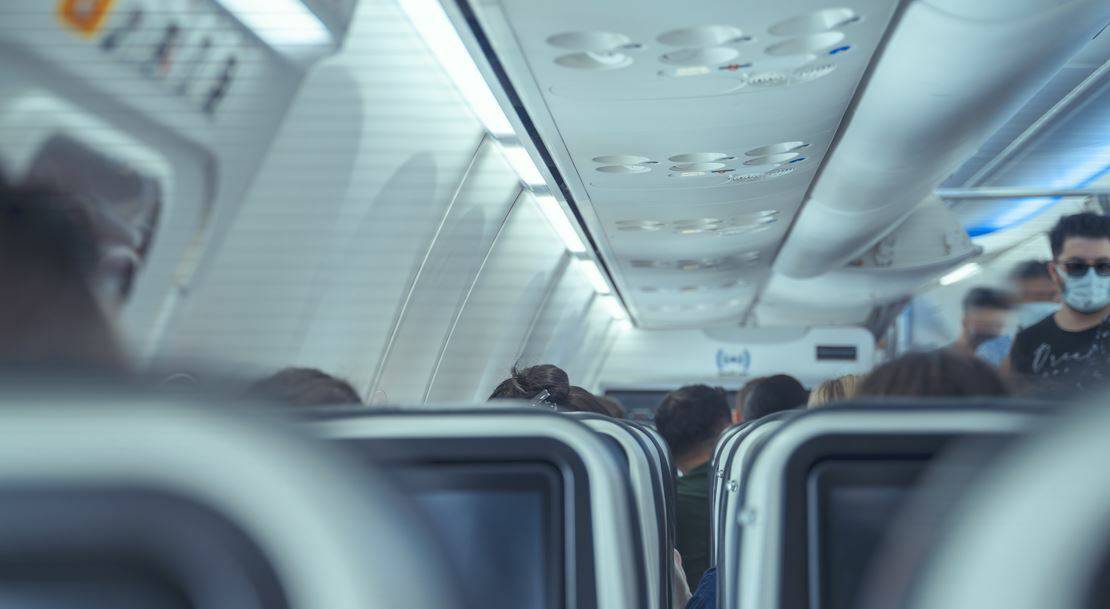A recent study has shown that the risk of contracting Covid-19 on board an airplane during a flight is extremely low. The study was carried out by Delta Airlines, Mayo Clinic and the Georgia Department of Health, and tested the risk of exposure to Covid-19 on flights where every passenger had tested negative prior to boarding, with the results suggesting the risk was very low.

Yet despite the risk being so low, many airlines have altered their business practices throughout the pandemic through measures such as mask-wearing and social distancing in order to reduce the perceived risk of Covid-19 from spreading throughout the airplaneâs cabin. Hereâs a look at the results of the survey, how airlines adapted to the pandemic and whether such changes are set to be around for much longer.

Covid-19 Risk Low â Information For Travelers
Whilst travel went through a mini-resurgence just a few months ago, hopes of countries fully easing their restrictions were nipped in the bud courtesy of the spread of the Delta variant. Countries doubled down on their entry restrictions whilst more and more destinations were handed Do Not Travel orders by the government, due to the heightened risk of contracting Covid-19 whilst traveling. However, a recent study has shown that one place travelers may not have to fear contracting Covid-19 is on board an airplane.

The study saw researchers examine Deltaâs Covid-tested flights between New Yorkâs JFK Airport, Atlanta and Italyâs Fiumicino International Airport, as part of the flight corridor between the two nations. Travelers on these flights were PCR-tested within 72 hours of departure. The data from nearly 10,000 passengers was included in the study. Of the 10,000 passengers, only 5 tested positive for Covid-19 â an infection rate of just 0.05%.

Compared with the infection rate in the community â which currently stands at 1.1% â it is a remarkably low figure, and it suggests that flights for Covid-tested individuals remain a safe way to travel. The study read:
âThese data suggest that even at this higher level of active community infection, a single molecular test performed within 72 hours of departure can decrease the rate of active infection on board a commercial aircraft to a level that is several orders of magnitude below active community infection rates.â

Speaking about the study, Dr. Henry Ting, Deltaâs Chief Health Officer, said:
âThis is the first real study. This is not a model, this is not mathematics or physics. These are real passengers who flew from the U.S. to Italy during the height of the third COVID-19 surge. Thereâs so many other activities you could do like going to the grocery store, church or a restaurant where your risk of infection is way higher than flying.â

Despite the low risk to passengers, many airlines have already implemented measures to prevent the virus from spreading â though they may not be in place for much longer. The middle-seat removal strategy implemented by some airlines was phased out and, though masks are ubiquitous on every airline at present, they may not be for much longer.

Whilst the mask mandate was recently extended until January 18th, airline bosses in the past have said there is no great push in the industry for the wearing of masks to be extended, which could see the compulsory wearing of masks phased out in the new year.


